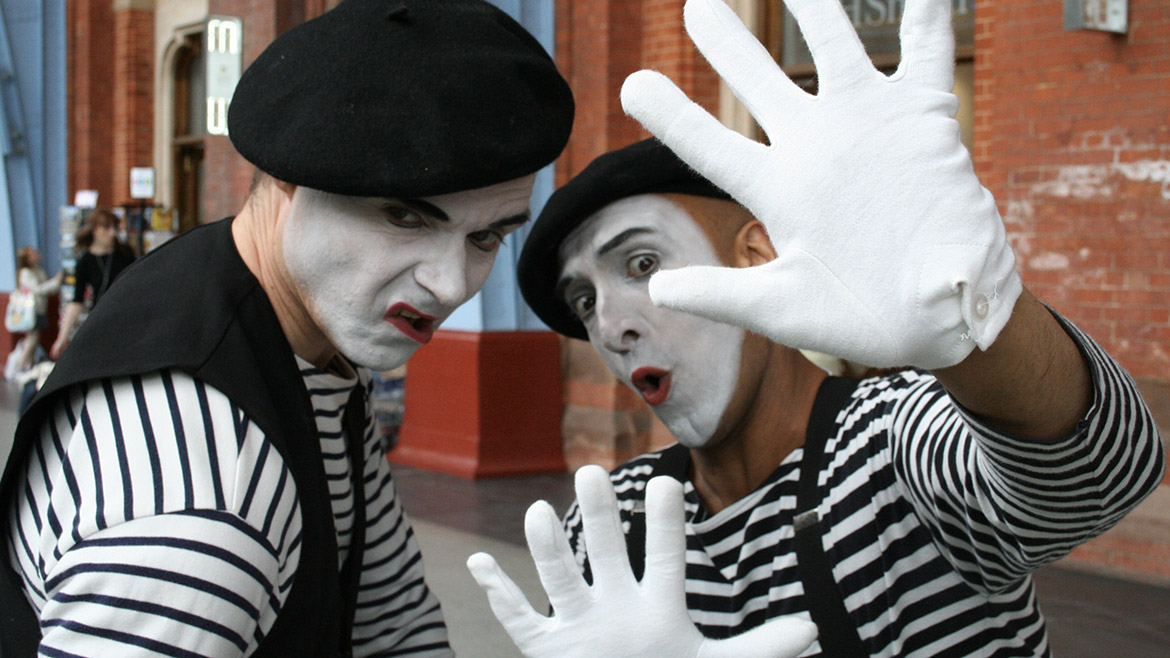
10 ways I got France completely wrong
Before moving to France, my attitude towards the country that is now my home was that – like ballroom dancing or candle-making – I didn’t have anything against it in theory, it just wasn’t something I was in a hurry to experience. Then I unexpectedly fell in love with a Frenchman and my visit to his home turned into a permanent move. I didn’t feel like I was walking into the unknown, however, because I’d seen France plenty of times on the TV and felt I knew what I was in for. So when I opened the shutters that my first morning and saw a man outside wearing a beret and carrying a baguette, I was confident that I had been well informed.
I hadn’t. Gradually, as I began to work and socialise with the French, I found that many of my media-led preconceptions had been completely misplaced. Here are just some of the ways my ideas about the French were entirely wrong.
1. Parisians aren’t the rudest people on earth
The arrogant Parisian is a staple character in television and film, usually in the form of a haughty waiter or receptionist wielding their power over an ‘innocent abroad’ American. This image is so pervasive that some visitors to France actually expect to be treated badly by the locals. I remember my brother’s astonishment after a day’s sightseeing in Paris with his young family; commuters had leapt to their aid as they struggled with pushchairs on the unforgiving métro system. “Parisians are so friendly,” he said, baffled but pleased.
My experience has been similar. In general, I have found French people to be courteous and helpful – yes, even Parisians. Only once, in a part of Paris only lost tourists visit, did I encounter a waiter who was blisteringly rude. It was an awful experience at the time but one which distance has turned it into a pleasing Parisian anecdote that I dust off and bring out the way other people show off shark-bite scars, perpetuating the myth I know not really to be true.
Are there rude people in Paris? Absolutely. But no more than in other large cities.
2. French women aren’t all stylish/beautiful/thin/whatever
In the 70s sitcom view of the world, France is Britain’s sexy next-door neighbour – admired but resented. France was historically the destination where ladies filled their wardrobes with the latest fashions and men learned the arts of love (went to brothels, basically). This impression of the French as being superior in matters of appearance and sex has resonance even today. It’s one that British newspapers and glossy magazines gleefully participate in, trolling their readers with headlines along the lines of “French women are thinner, prettier and sexier than you. Also, they’re better mums LOL.”
They then take some upper-middle class Parisian woman with glossy hair and colt-limbs and prod her until she says something like, “French women know how to please a man in bed and we don’t eat biscuits at 10 am unlike you, you lumpy, polyester-knicker wearer.”
Now I don’t deny that French women exist that are gorgeous, rich, thin, wear designer clothes, and who no doubt have sex magnificently. But to suggest that they are representative of all 33 million French women is ludicrous. As anyone who has ever walked down a street in France could attest, French women come in all different shapes, sizes and colours. Skewing the presentation towards the rich minority is like saying all Americans are like the Kardashians, something evidently and thankfully untrue.
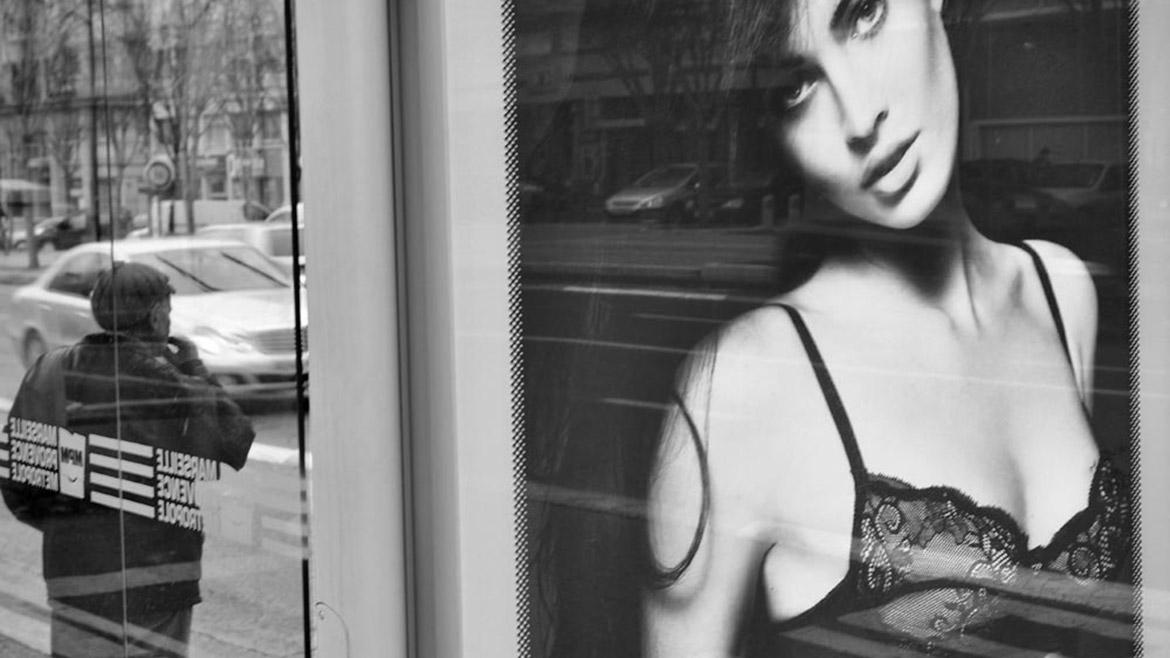
A typical Parisian. She wants you to know that her undies are flame resistant.
3. Not all French people are white
Staying on the subject of representation, I made the ground-breaking discovery that not all French people are white when I arrived in my town in Seine-Saint-Denis, the department with the highest proportion of non-ethnically French residents in France. Until this point, my image of France had been based largely on the Renault Clio Papa and Nicole adverts: dappled sunlight and charming towns populated entirely by white people. Now I know places like this exist because I’ve been there on holiday, but where I live the streets and people more closely resemble those depicted in La Haine.
Of course, I hadn’t really thought there were no non-white people in France, I was just unaware that they were such a significant population. In my defence, there are very few (if any) black or non-white French public figures that have careers outside of France. I can’t think of a single singer and very few actors (Omar Sy being the most famous) that could be offered up as proof to the outside world that black and other ethnicities exist in France. Perhaps the story would be different if I were at all interested in sport, where pure talent is more important than image, and as a result, black sportspeople can be seen on the world stage.
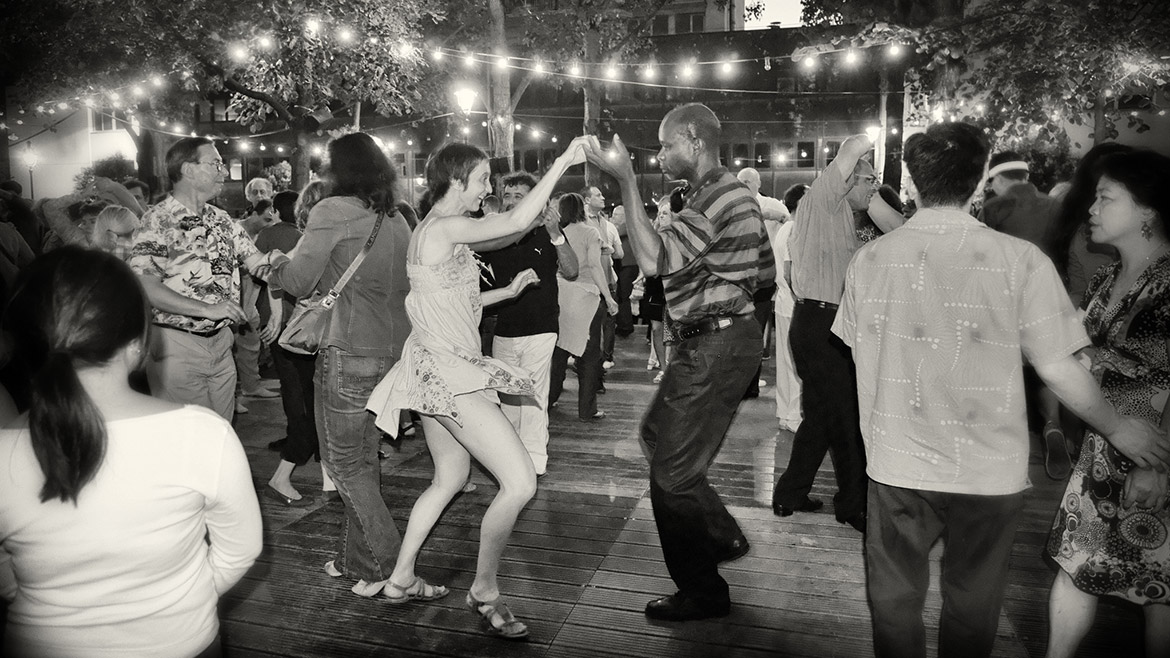
Nicole? Papa!
4. French people are actually hard working
The British and American media love to make snide comments about the French work ethic, citing the 35-hour working week, generous holiday allocation, long lunches – even strikes – as proof of national laziness. Aside from the perverse idea that valuing time spent away from work is something to be ashamed of, this characterisation of the French working week overlooks the fact that the 35-hour limit only applies to non-managerial workers. For them, the sky’s the limit.
I used to teach English to employees of a large French telecom company and, as part of the lesson, I would usually ask them about their working day. Time and time again I’d be told about workers leaving home at 7.30 am and getting home at 9 pm. Or I’d ask about what they did in their free time and typically depressing reply might be: “I usually work at home on Saturday mornings so that I don’t need to work again until Sunday evening, except to reply to calls and emails.”
The recent Loi du Travail gives workers the right to switch off work devices when at home, though whether this will have an effect in the real world is yet to be seen. The Parisians I see daily look just as stressed and overworked as their London counterparts.
Holidays though? The French do get much better holidays than the Brits and Americans. Keep your moral outrage, I say, I’ll have an extra two weeks by the sea, thank you very much.
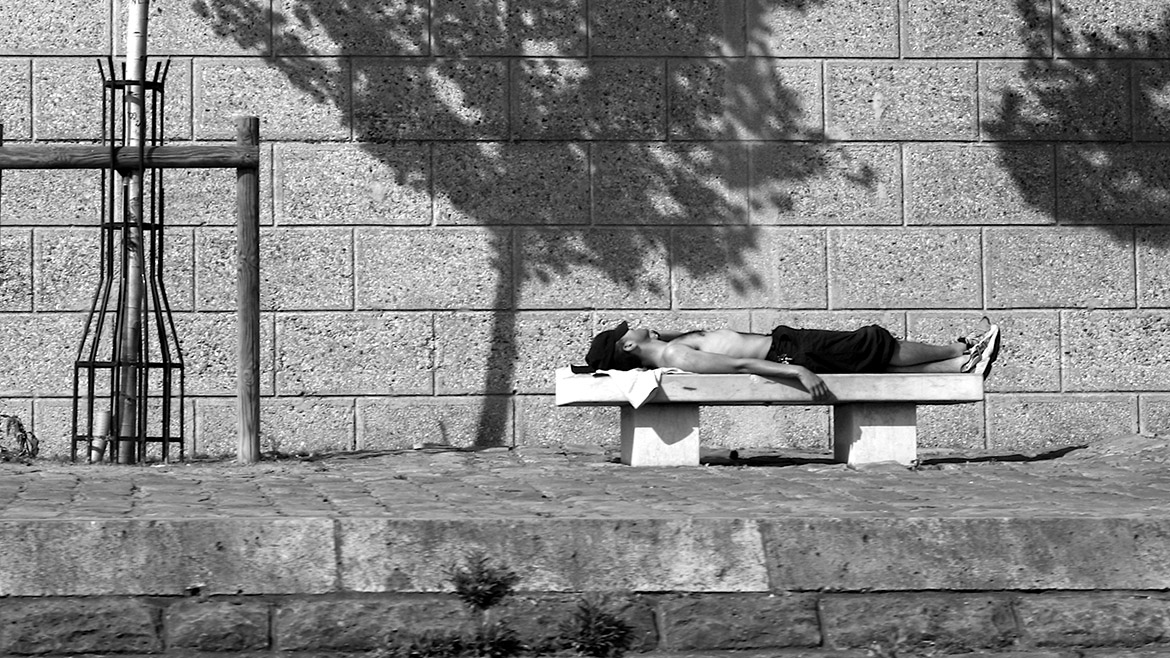
A typical scene in Paris’ busy business district
5. Lunches don’t last two-hours.
Those lunches I mentioned above: nope. French people – or Parisians anyway – eat takeaway food like sandwiches, salads and sushi at lunchtime. The luckier workers have access to canteens which provide three-course meals at incredibly good value. But two-hour wine-laden lunches are rare beasts. One of my students at the phone company told me they were far more common 20 years ago but now you would have to be charming a very important client to go to a top restaurant and ply on the wine.
Weekend family lunches don’t last two hours either – more like three or four. Pray that you’ve got a cushioned seat because otherwise, your bum will be numb by the time you’ve finished.
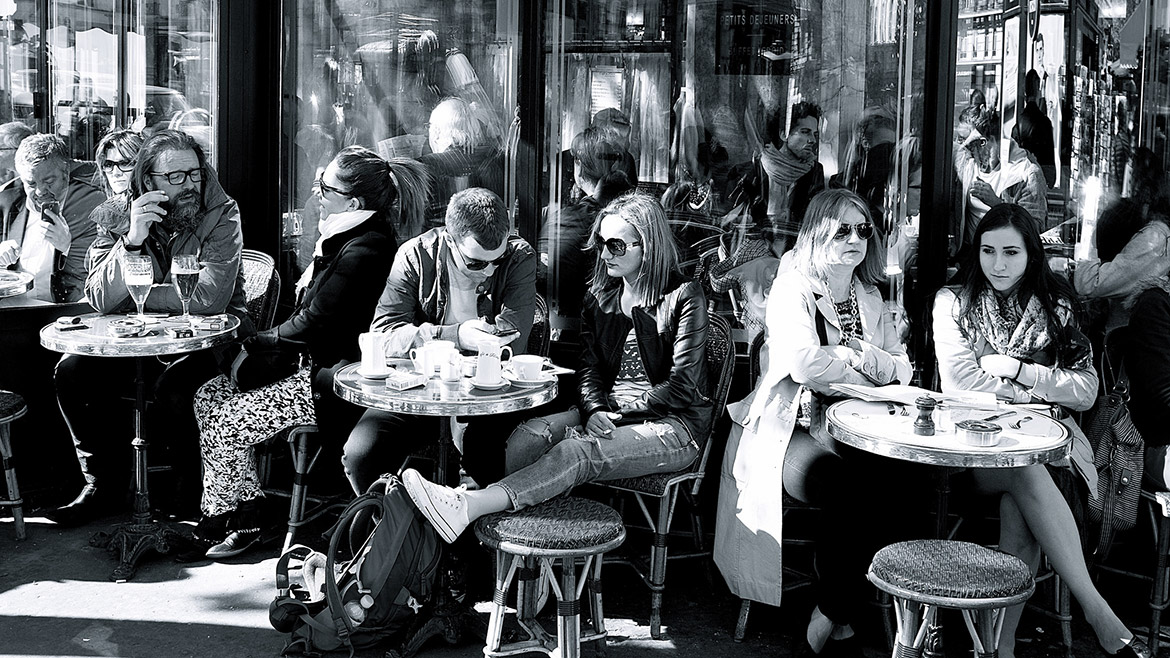
“Can we leave yet?” “No, we have to stay here for another 90 minutes, it’s the law, Aurelie.”
6. French people don’t just eat baguettes
I was mightily disappointed to discover that not only do French people eat bread other than baguettes, but you can even buy prepacked sliced bread in supermarkets – just like the British stuff, only worse. I felt dismayed that the French had chosen to sell this bread when they have a far superior native product. Although, if I’m being honest, I wanted to be able to present a sliced loaf to astonished French people, agog that bread could fall apart in slices like a pack of cards. My idle thoughts of becoming a modern-day Parmentier of the bread world were thus dashed.
7. Mime artists don’t litter the streets
Where are the foresaken souls, cast dumb yet forever searching for keys to open invisible doors, climbing through windows and down interminable stairs that only they can see? You see more in Edinburgh during the Festival than you do in France. Disappointing!
8. French people don’t really talk about philosophy and poetry all the time
I was alerted to the existence of France’s lowbrow culture by the display of trashy magazines in our local supermarket. Their covers featured people who appeared, to the uninitiated eye at least, to be an identical cast of buffed, coiffed, surgically inflated and tattooed characters as the models, reality TV contestants and footballers that appear in British magazines.
The similarity doesn’t stop there. Turn on the TV any night of the week (something I would urge you not to do) and you will find the same public and celebrity participation shows (The Voice, La France a un incroyable talent, Danse avec les stars) that exist in the UK and US, not to mention the myriad of cooking, dating, filming-drunk-twentysomethings-in-a-house shows.
I thought, somehow, that the French would be above all this sort of nonsense. It was incredibly naive of me, I’m now aware, to think that French TV would consist of late-night discussion shows where roll-necked professorial types discussed art and philosophy while smoking and gesticulating, before going home for a good old-fashioned orgy.
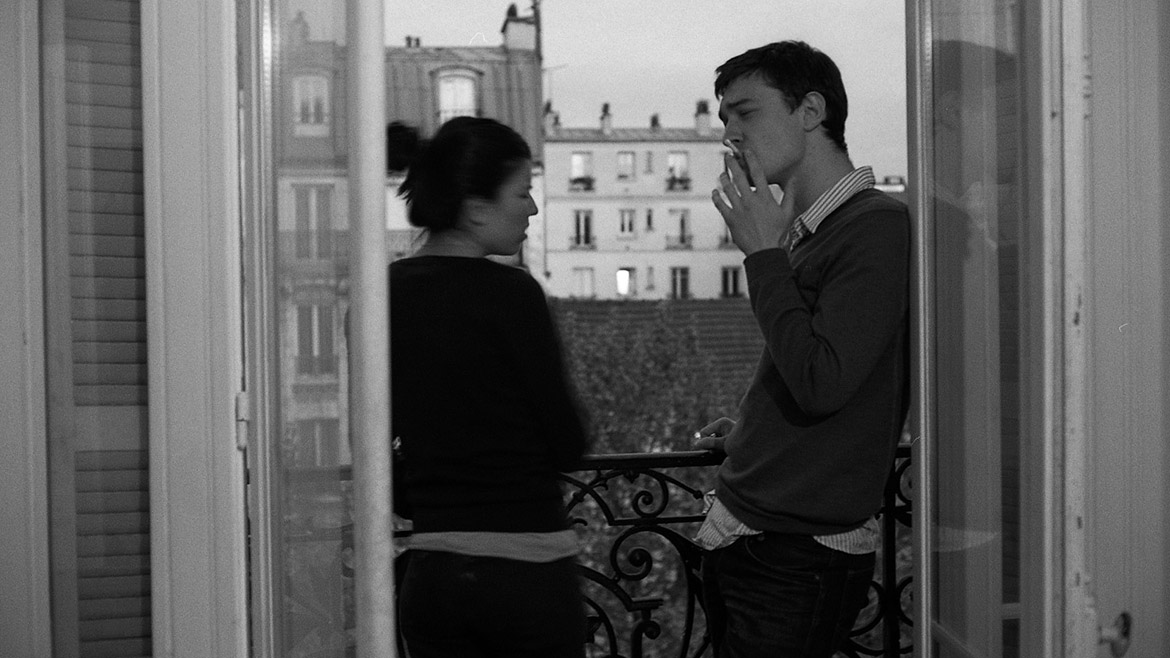
“Everyone back to ours!” said François and Céline after the TV debate.
9. French people drink things other than wine
Did you know that French people actually drink beer? You know, like us. It blew my tiny mind.
Fun fact: brewing beer is the one thing French people think Belgians can do better than them.
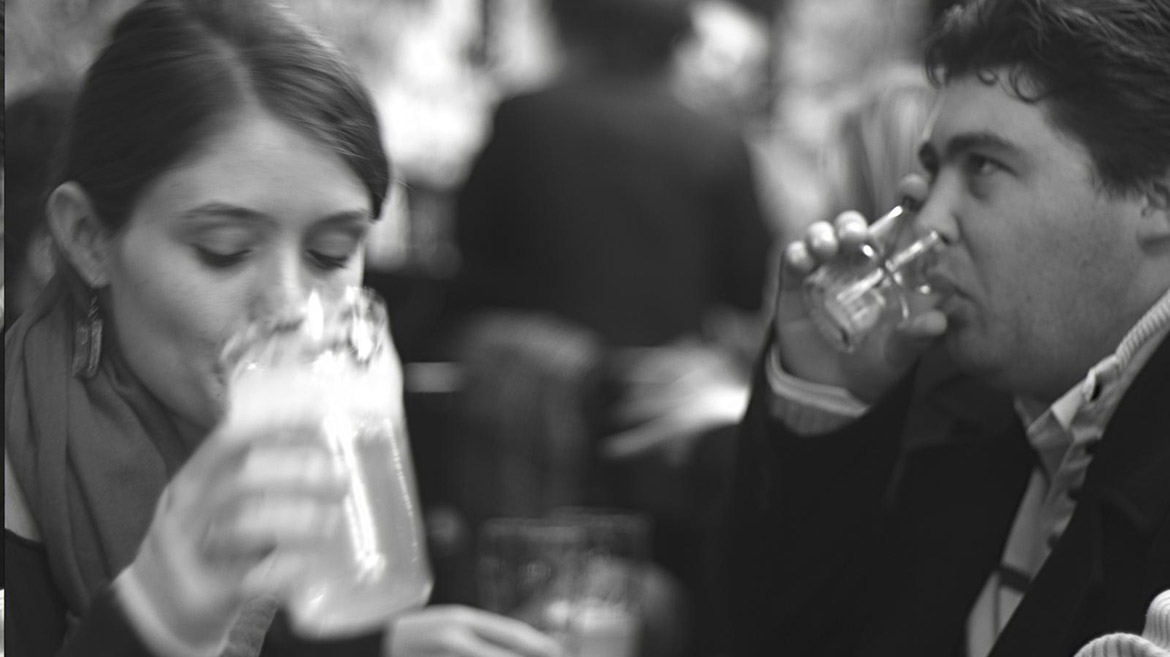
“A pint of lager for madame, and 150 millilitres of lager for monsieur.”
10. Watch out! French people can speak English
Most French people are as comfortable speaking English as dogs are being dressed in dungarees. The reason why, in my opinion based on some years of teaching English, is crippling insecurity brought about by negative feedback in the school system. (I taught people who were mainly in their 40-50s; hopefully teaching methods in schools have since improved.) But not liking something isn’t the same as not being able to do it. The study of English is mandatory in schools in France so people are at the very least acquainted with the basics.
Another, far more compelling reason for French people to be able to speak English is the fact that France is the world’s most visited country. A large tourist population requires service industry professionals who can speak English, and so it is that most of the French people tourists encounters (in hotels, restaurants and tourist sites) are able to communicate with them. Globalisation in business increasingly means that French workers need to communicate in English with clients and co-workers all over the globe, whether they like it or not.
Reluctance though is easily confused with incompetence. My French husband recently told me the story of how he had been sitting opposite two American women on the métro and overheard their loud and detailed conversation about a recent sexual encounter. “I don’t think they realise that we speak English,” he remarked. “We’re not good at it but we do understand.”
A version of this post was featured in The Local: Here’s how I was wrong about France
Photos used in this post: Le mime (Flickr / CC 2.0), Seduction 2 ( Flickr / CC 2.0), Dansons à Paris plage (Flickr / CC2.0), Seine, Paris ( Flickr / CC 2.0), Au diapason (Flickr / CC 2.0), Gainsbourg Time (Flickr / CC 2.0)

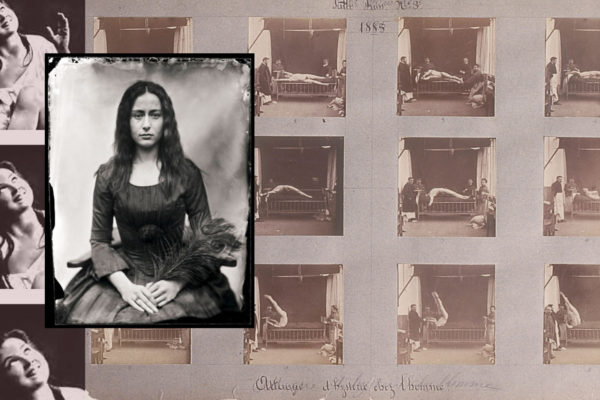

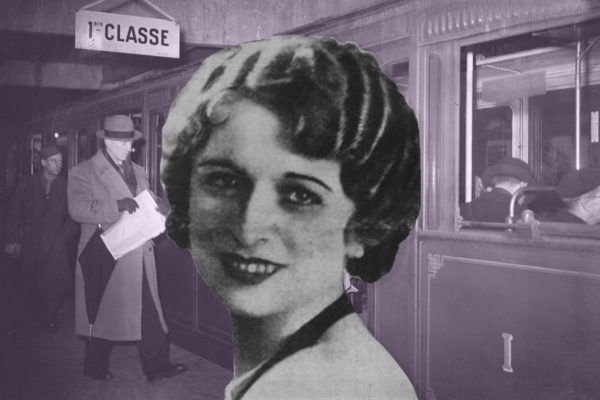

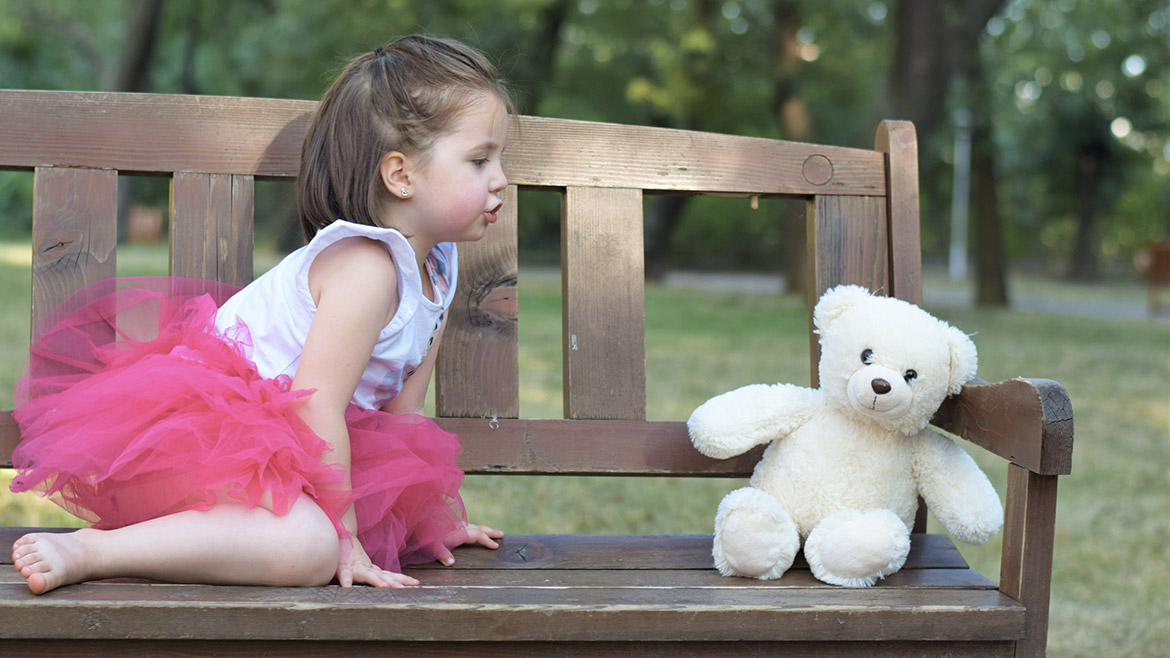
Juliet Young
Hi,
I’ve just found your site. I love it.
I’m a Scot living in the west of France. I have now been here for over half my life but will never feel any less Scottish.
Thanks for all these great posts.
Juliet, Angers
admin
Hi Juliet, thank you so much! I’m glad you’re enjoying the site.